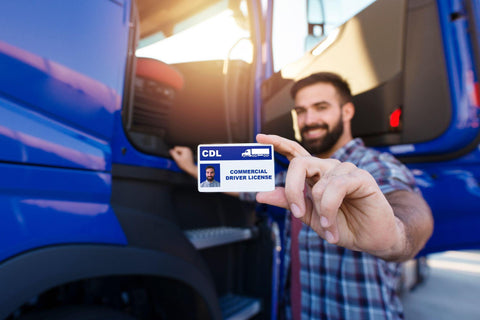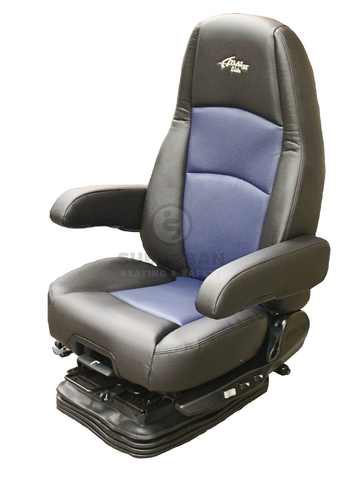
For fleet owners, semi-truck drivers, or anyone holding a Commercial Driver’s License (CDL), understanding ever-evolving regulations set by the Federal Motor Carrier Safety Administration (FMCSA) is necessary to maintain compliance and ensure the safety of our roads.
One of the most pressing concerns in this domain is the consequence of failing a DOT drug test. As we edge closer to the November 18, 2024, compliance date, it’s critical to grasp the full extent of what these changes entail and how they impact CDL holders.
The 2024 FMCSA Regulation Changes
The 2024 FMCSA regulation changes introduce a comprehensive approach to dealing with failed drug tests among CDL drivers. These regulations are not designed to be punitive but rather preventive, aiming to ensure that drivers are given the necessary support to return to work safely.
When a CDL holder fails a drug test, it doesn’t immediately result in the permanent loss of their license. However, the individual is immediately removed from performing safety-sensitive functions, which include operating a commercial motor vehicle. The path back to reinstatement is rigorous and involves several key steps:
1. Immediate Reporting and the Clearinghouse
One of the pivotal components of the new regulations is the role of the FMCSA’s Drug and Alcohol Clearinghouse. This database serves as a central repository for all drug and alcohol test results, including refusals to test.
It’s imperative for CDL holders to understand that once a failed drug test is reported to the Clearinghouse, the information is accessible to employers, which can significantly impact their employment prospects. This underscores the importance of the November 18, 2024, compliance date, as it marks a critical juncture for the implementation of these reporting requirements.
2. Substance Abuse Professional (SAP) Evaluation
After a failed test, the driver must undergo an evaluation by a qualified substance abuse professional. This step is crucial for determining the specific treatment or education needs of the individual to address their substance use.
3. Follow-Up Testing
Upon successfully completing the prescribed treatment or education program, the driver is subject to a series of follow-up tests. These tests are mandated over a minimum period of 12 months, with the SAP having the authority to extend this period up to five years.
4. Reinstatement
Passing the follow-up tests and fulfilling all SAP recommendations does not automatically reinstate a driver’s CDL. The driver must apply for reinstatement, and their eligibility is contingent upon a clean record in the Clearinghouse and the approval of the FMCSA.
Implications for Fleet Owners and Drivers

For fleet owners and semi-truck drivers, these regulations necessitate a proactive approach to drug and alcohol testing policies. It’s imperative for employers to educate their drivers about the consequences of failing a drug test and the steps involved in the return-to-duty process.
The emphasis on the Clearinghouse as a central feature of the 2024 regulations highlights the need for transparency and diligence in reporting. Fleet owners must ensure that their reporting practices are in full compliance, understanding that the Clearinghouse status of their drivers directly impacts their operational capabilities for safety-sensitive duties.
Feel Supported with Suburban Seating & Safety
As the 2024 FMCSA regulation changes get closer, it’s essential to partner with a company that stands at the forefront of truck driver safety and compliance. Suburban Seating & Safety is a leader in providing top-quality seating and safety equipment and a dedicated ally in staying up to date with the latest in truck driver safety and regulations.
Our commitment to your well-being extends beyond our products like on-highway truck seats and safety accessories—we offer resources and support to help you understand and adapt to these critical changes. Let Suburban Seating & Safety be your partner in ensuring a safer, compliant future for your fleet and drivers.
Look through our site today to learn how we can support you in meeting and exceeding the demands of the 2024 FMCSA regulations, safeguarding your license, and, most importantly, your safety on the road.

